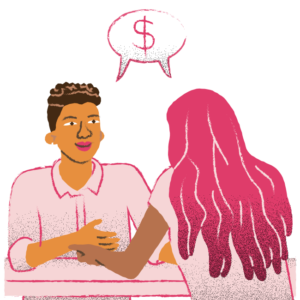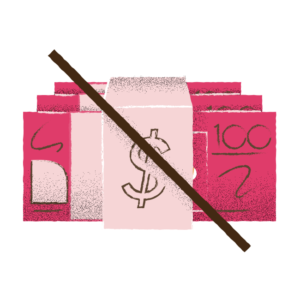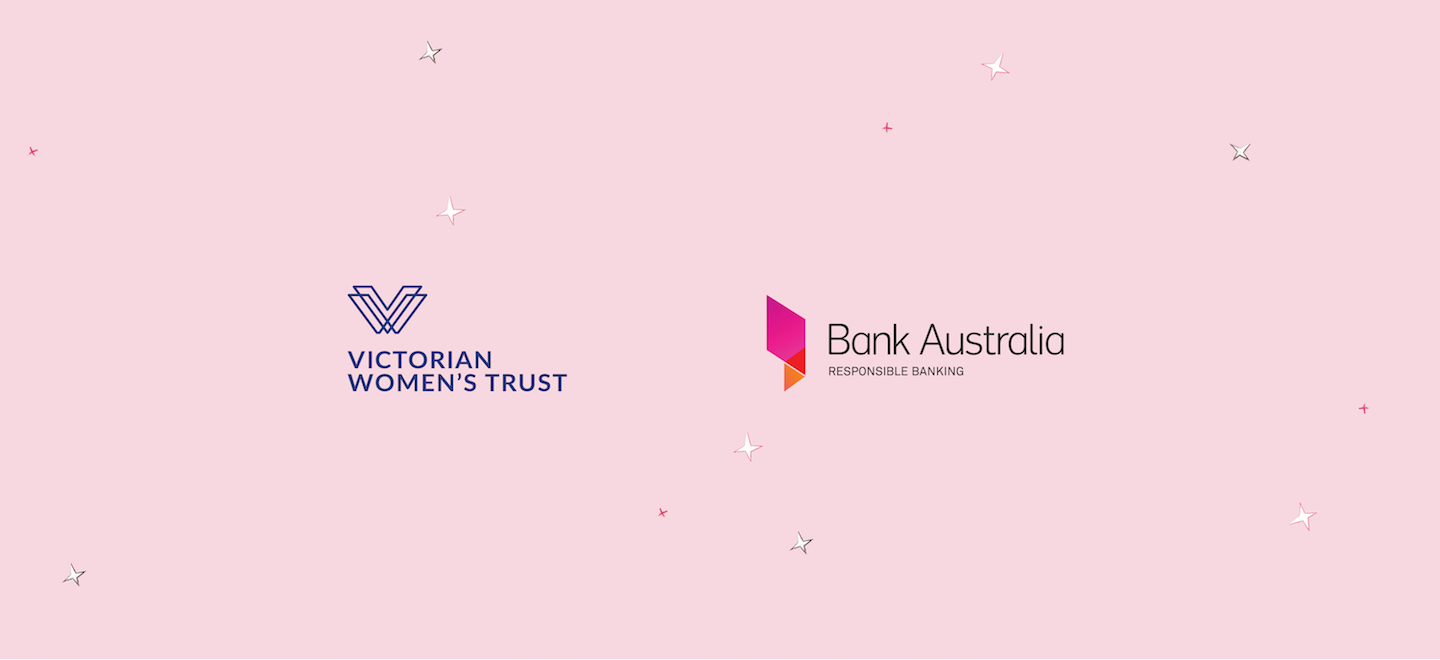Women’s Information Referral Exchange (WIRE)
WIRE are a state-wide free information, support and referral service for women, non-binary and gender-diverse people. WIRE also conducts research about financial abuse.
Phone: 1300 134 130 (9am – 5pm, Monday to Friday)
Website: www.wire.org.au (Online support chat available 11am – 4:30pm, Monday to Friday)
National Debt Helpline
Free information, resources and financial counselling.
Phone: 1800 007 007 (9.30am – 4.30pm, Monday to Friday)
Website: www.ndh.org.au
Migrant Women’s Support Services
Works with migrant women and children of culturally and linguistically diverse backgrounds to provide them with culturally sensitive risk and needs assessments, safety planning, support, information, advocacy and referral to and other relevant services.
Phone: (08) 8346 9417
Website: migrantwomensservices.com.au
Relationships Australia
Relationships Australia is a leading provider of relationship support services for individuals, families and communities. We aim to support all people in Australia to achieve positive and respectful relationships.
Phone: 1300 364 277
Website: www.relationships.org.au
Seniors Rights Victoria
Seniors Rights Victoria offers a range of services to support older Victorians experiencing abuse, including advocacy, legal services and community and service provider education. Seniors Rights Victoria is the primary, government-endorsed destination for friends, family members and older Victorians seeking information and support relating to elder abuse.
Phone: 1300 368 821
Websites: www.seniorsrights.org.au





